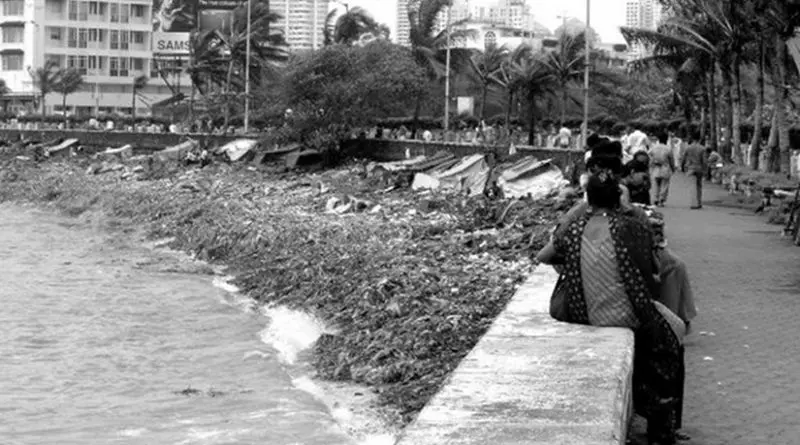Understanding Indians – OpEd
Social media allows one to be privy to everything going on everywhere. Sometimes, serendipitously one gets to watch or read material that are linked. Recently, I got three short video clips on WhatsApp and was tagged to an article on Facebook. The video clips documented the abysmal hygiene conditions at an Indian Railway kitchen and at a highway restaurant. The third video clip was of a vegetable seller washing vegetables in waste water. The article, about tourism in Goa, began with a graphic description of another video of a man urinating from a bus near Goa’s Miramar beach.
Though these incidents occurred across India, there was a link to them all.
All of them indicated a common mindset. An insouciant attitude abdicating personal responsibility for personal profit or from laziness. Whatever be the reasons for this abnegation, there are consequences for those placing their trust in them.
Much has been written about the Indian psyche of maintaining a clean house while dirtying the surroundings. The video clips are an extension of this mentality.
It boils down to an understanding and appreciation of ones relationship to society. This link is anchored by the concepts of respect for others and responsibility and accountability for ones actions. In other words, there is an individual and social morality that weaves itself through people creating a community, society and nation. This morality becomes enshrined in laws. Dr. Bhimrao Ambedkar, the architect of India’s Constitution and the country’s first Law Minister, speaking at the Constituent Assembly in 1948 said ‘Constitutional morality is not a natural sentiment. It has to be cultivated. We must realise that our people have yet to learn it. Democracy in India is only a top-dressing on an Indian soil which is essentially undemocratic.’
The ancient social constructs were coercive and demanded servility of many. They told people what was expected of them and the consequences of not toeing the line. Though nationhood and democracy has made redundant ancient social norms that governed society in this land, they are still followed while modern day laws and social standards are ignored. Have the centuries of feudalism and casteism made Indians incapable of independently deciphering their role in society and what is expected of them today?
Having been cultivated for millenia, the deep rooted leaning towards inequality and injustice remain. Not only are people coloured by it as individuals but also as institutions. Thus policing in India is so lacking, biased and unprofessional and why most Indians are against reservation (affirmative action).
When institutions meant to protect society are found wanting and people are unhinged because they don’t see themselves as part of a larger social order then we have situations like those mentioned in the first paragraph.
The caste system created a mutualism based on intimidation and oppression. Its society was, as Dr. Ambedkar put it, a multi-storied structure with no staircase or entrance. This is the very anti-thesis of mutualism in a democracy. However, the mutualism that Indians seem to thrive on is based on having no expectations of themselves and of others as citizens and members of society.
*Samir Nazareth, has authored a well-received travelogue and writes on socio-political and environmental issues, with articles published by reputed magazines and newspapers including The Diplomat, The Hindu and The Quint.

